
A review of the far reaching impacts of this notoriously unreliable diagnostic test, and an evidence-based solution that is setting a new benchmark for patient care.
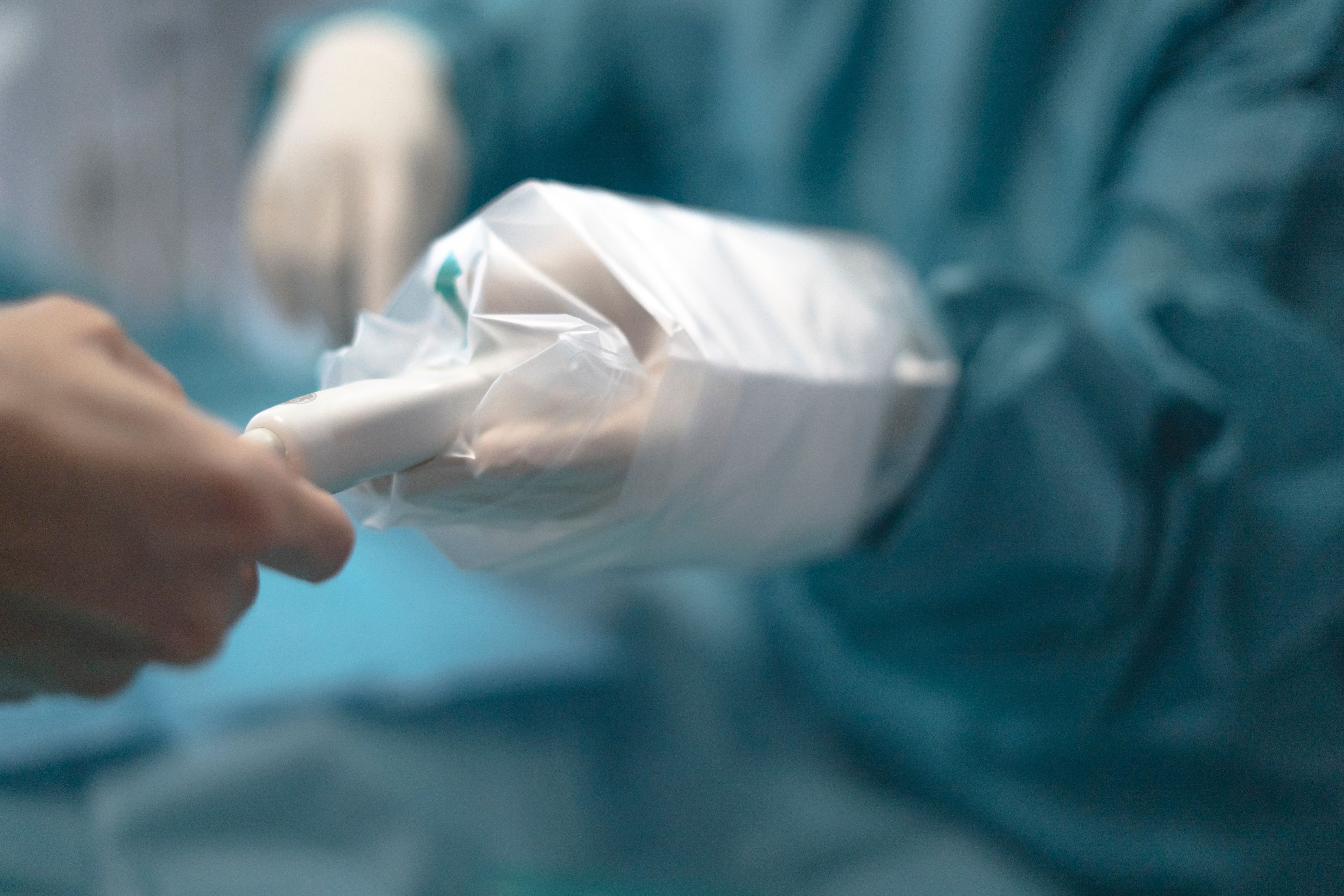

A review of the far reaching impacts of this notoriously unreliable diagnostic test, and an evidence-based solution that is setting a new benchmark for patient care.

Recent studies and reports continue to shed light on the topic of Reusable EEG Electrodes and justification to transition to single patient Disposable EEG Electrodes.

Serious geopolitical and social forces are converging to create the conditions, on a scale unique in history, for a major respiratory pandemic. Prioritizing the protection of healthcare workers will be key to containing such a pandemic.

This checklist and guide plot a sequence for a laundry tour highlighting control points in workflow important to ensuring cleanliness of healthcare textiles (HCTs).
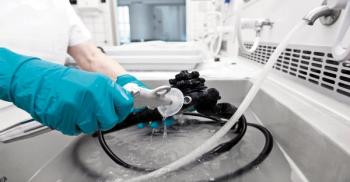
Learn key aspects of the instruments reprocessing procedure and how to protect patients and staff.
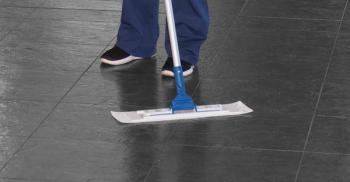
Can the type of microfiber product (disposable vs. re-laundered) make a difference?
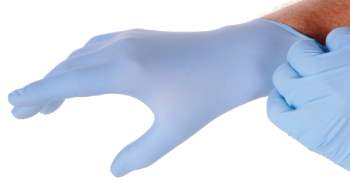
Reducing Healthcare Costs and Positively Influencing Hand-Hygiene Behavior through Technology

Nozin Nasal Sanitizer antiseptic is a professionally valued and sensible approach in the effort to reduce the risk of infection.

Where Healthcare and Infection Prevention Meet

The BETR-D Study: The first and only randomized clinical trial on UVC Disinfection

The infection prevention and healthcare epidemiology community has continued to sound the alarm about outbreaks of CRE infections related to therapeutic gastrointestinal endoscopy cases in which contaminated and improperly reprocessed duodenoscopes and echoendoscopes were used during clinical procedures.

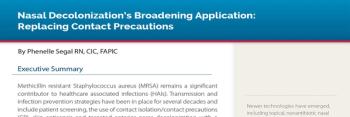
An increase in prevalence in healthcare settings across the continuum of care over several decades has resulted in MRSA and other multidrug-resistant organisms (MDROs) being given priority as targets of reduction efforts by several regulatory and advisory bodies. These include the Society for Healthcare Epidemiology of America (SHEA), the Infectious Diseases Society of America (IDSA) and the Centers for Disease Control and Prevention (CDC).

An increase in prevalence in healthcare settings across the continuum of care over several decades has resulted in MRSA and other multidrug-resistant organisms (MDROs) being given priority as targets of reduction efforts by several regulatory and advisory bodies. These include the Society for Healthcare Epidemiology of America (SHEA), the Infectious Diseases Society of America (IDSA) and the Centers for Disease Control and Prevention (CDC).
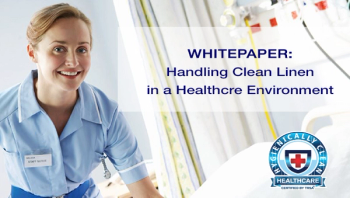
Hygienically Clean Healthcare certification demonstrates linen and uniform services companies’ commitment to cleanliness through independent, third-party laundry inspection and quantified microbial testing. Inspection and re-inspection verify that items are maintained, washed, dried, ironed, packed, transported and delivered using best management practices (BMPs) to meet key disinfection criteria. Between scheduled and supplemental inspections, ongoing microbial testing quantifies cleanliness and indicates laundry process adjustments. Certification requirements are based on international standards for processing healthcare linens and garments.
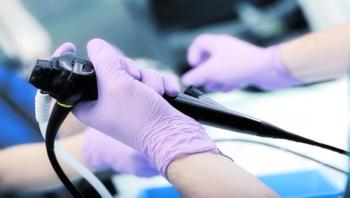
The reprocessing procedure for flexible endoscopes is an intricate multi-step process that requires a significant amount of time and diligence that can vary by endoscope type and manufacturer.
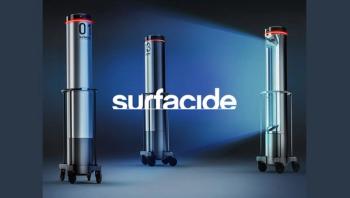
According to the CDC, roughly one in every 25 hospitalized patients has at least one healthcare-associated infection (HAI).1 HAIs create significant health risks and cost the healthcare industry billions of dollars each year.